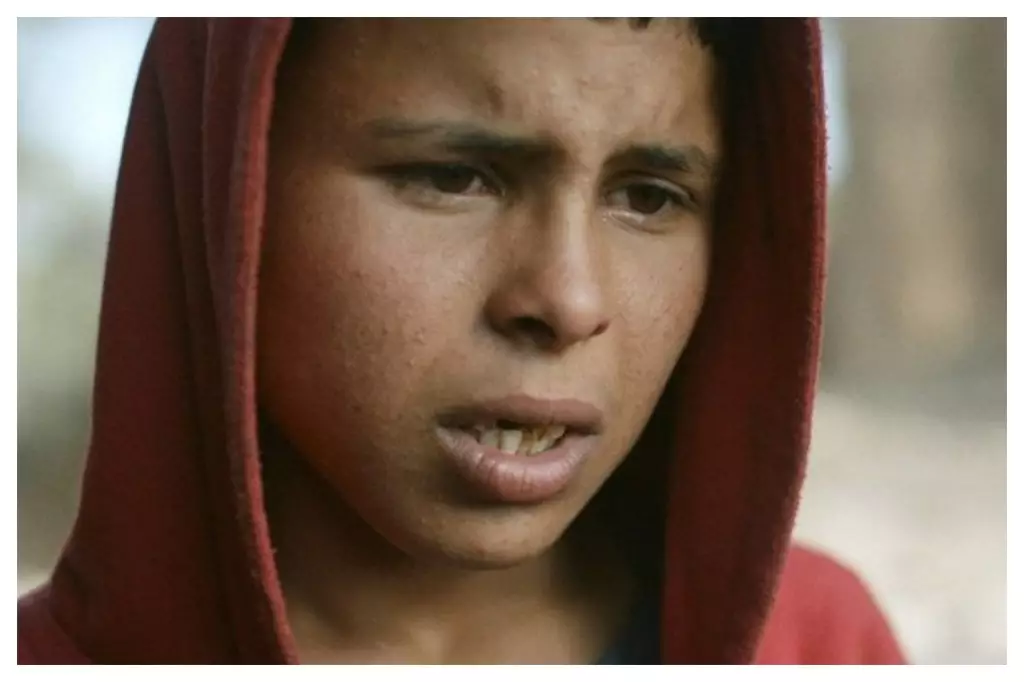At the recently concluded fourth edition of the Red Sea Film Festival, Tunisian director Lotfi Achour’s poignant film “Red Path” emerged as a standout, clinching awards for Best Film and Best Director. This recognition is more than just an accolade; it marks a moment of significance in the cinematic landscape of the Middle East and beyond. The film, which made its world premiere in Locarno, showcases a narrative steeped in deep emotional and socio-political themes, focusing on the harrowing experience of a young shepherd boy affected by the brutal acts of terrorism. The impact of such a narrative resonates on multiple levels, engaging audiences with both the psychological trauma faced by individuals and the broader implications for society at large.
“Red Path” tells the story of a young boy whose innocence is shattered when he witnesses the murder of his cousin by Islamic State extremists. This traumatic event leads him to confront not only his own loss but also the chilling reality of living in a society riddled with violence and fear. The film’s dual focus on personal grief and collective trauma invites viewers to reflect on the pervasive consequences of terrorism. Achour’s direction captures the rawness of such experiences and presents a compelling argument against the backdrop of a world that often fails to address the humanitarian crises brought forth by extremist ideologies.
The Red Sea Film Festival served as a platform to celebrate not only Achour’s remarkable film but also the diverse talents featured throughout the event. With films hailing from the Middle East, Africa, and Asia, the festival underscores the growing importance of non-Western narratives in global cinema. The varied jury, led by renowned filmmaker Spike Lee, alongside notable figures such as Egyptian director Abu Bakr Shawky, UK actor Minnie Driver, Turkish actress Tuba Buyukustun, and U.S. actor Daniel Dae Kim, highlights the festival’s commitment to inclusivity and diverse storytelling.
The festival not only spotlighted feature films but also acknowledged the contributions of unique talents in the industry. With honorary awards given to notable actresses Priyanka Chopra Jonas and Viola Davis, the event celebrated the strides made by women in film. These recognitions serve to inspire the next generation of filmmakers and actors, reinforcing the idea that cinema can be a powerful tool for change and reflection.
The success of “Red Path” at the Red Sea Film Festival is more than a personal victory for Lotfi Achour; it is a beacon of hope for filmmakers addressing similar themes of resilience and trauma. By shedding light on the complexities of life in regions beset by conflict, films like “Red Path” contribute significantly to the global cinematic dialogue. They remind us of the shared human experience that transcends borders, fostering empathy and understanding in an increasingly fragmented world. The festival’s celebration of such profound narratives signals a bright future for the arts in the region, paving the way for more compelling stories to emerge.

